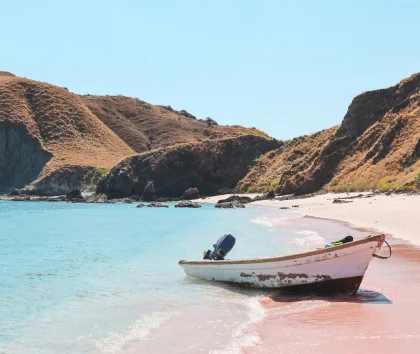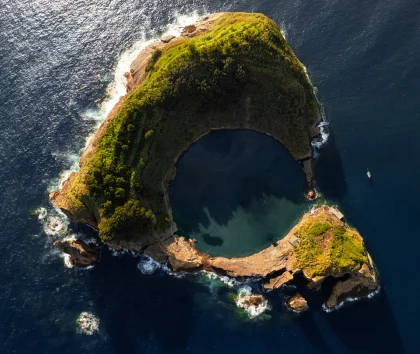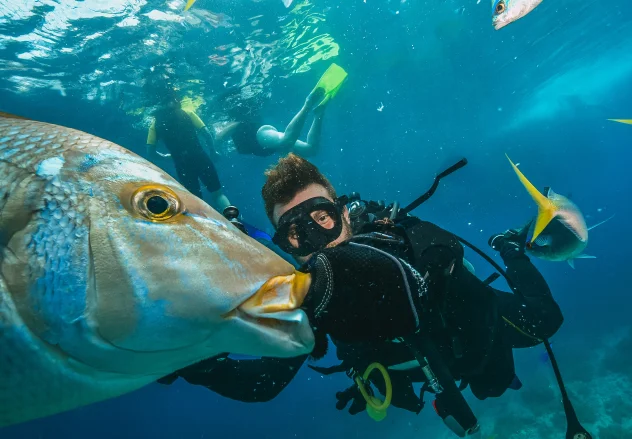
Scuba Diving
Scuba diving is a captivating activity that enables individuals to explore the underwater world and encounter marine life up close. When thinking of Liveaboards you can only think of scuba diving and it all starts from the basic dive training. In this comprehensive guide, we will delve into the definition of scuba diving, its essential components, vital techniques and skills, popular destinations, health benefits, and the environmental impact of diving. All of which help for an even better experience while scuba diving on a liveaboard.
Definition of Scuba Diving
Scuba diving is an underwater activity in which divers utilize what is called a self-contained underwater breathing apparatus (scuba) to breathe while exploring the aquatic environment. Unlike snorkeling, which is restricted to the surface, scuba diving allows divers to fully immerse themselves in the underwater world, providing a unique and unparalleled experience.
No more secret that SCUBA stands for self-contained underwater breathing apparatus.

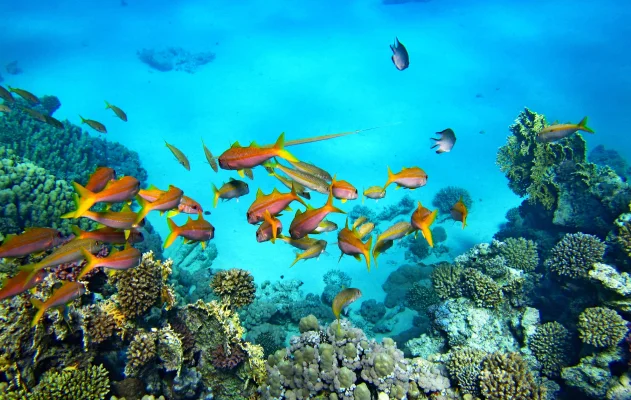
The Basics of Scuba Diving
Scuba diving, particularly for Indonesian liveaboard trips, requires advanced certification and in-depth knowledge of diving gear and principles.
Safety Precautions and Guidelines
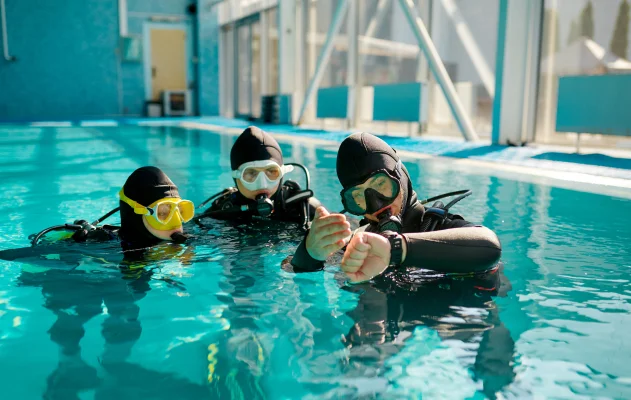
Training and Certification Requirements
Receiving training and certification from a recognized scuba diving agency, such as PADI, SSI, or NAUI, is crucial for safe diving practices. These organizations offer structured courses that teach essential theoretical knowledge, such as dive planning, gas management, and decompression theory. They also provide hands-on training, allowing divers to develop practical skills like buoyancy control, equipment handling, and emergency procedures.
Of course, for liveaboard diving it is mandatory that divers complete the Advanced Open Water Diving certification and bring up their dive experience to at least 25 logged dives.
Equipment Needed for Scuba Diving
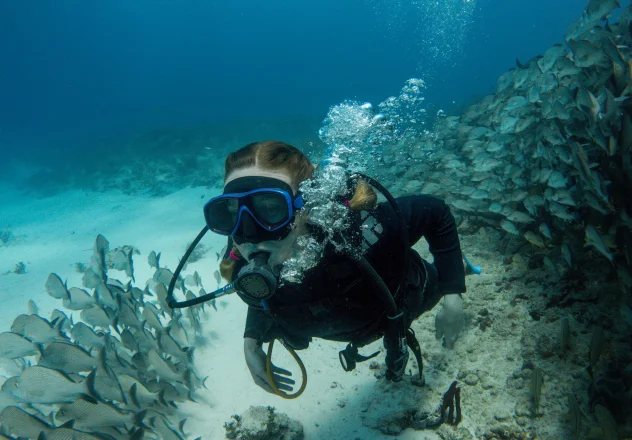
Scuba Diving Techniques and Skills
Being underwater is a different environment. Underwater currents, swells, visibility and underwater life, they all impact your diving for which techniques and skills are paramount.
Buoyancy Control
Effective buoyancy control is crucial for comfortable, safe diving. It enables effortless hovering, air conservation, and minimizes environmental impact. Mastering the BCD, weight systems, and body positioning is essential. Good buoyancy equals better air consumption and conservation, setting apart good divers from bad ones.
Equalization Techniques
Divers must equalize ear, sinus, and mask pressure to prevent discomfort or injury during descents and ascents. The Valsalva maneuver, pinching the nose and blowing gently, works for ears and sinuses. For the mask, exhale through the nose. Swallowing is the best method for ear and sinus equalization.
Underwater Navigation
Underwater navigation skills are crucial for divers to safely traverse the underwater environment and avoid disorientation. Key navigation methods include:
Natural navigation: Using underwater landmarks like coral, rocks, and sand patterns.
Compass navigation: Following specific bearings with a dive compass.
Time and distance navigation: Estimating distances by counting kick cycles and time.
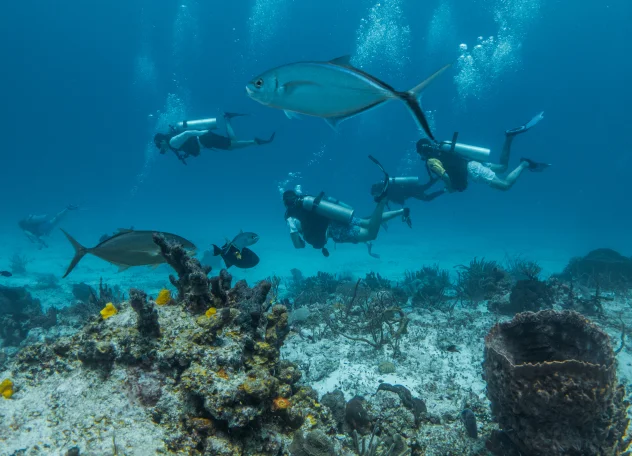
Popular Scuba Diving Destinations Around the World
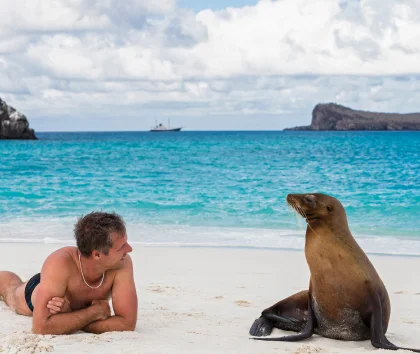
Galápagos Islands
Unique, cold-water destination with diverse marine life, including hammerhead sharks and sea lions. View Details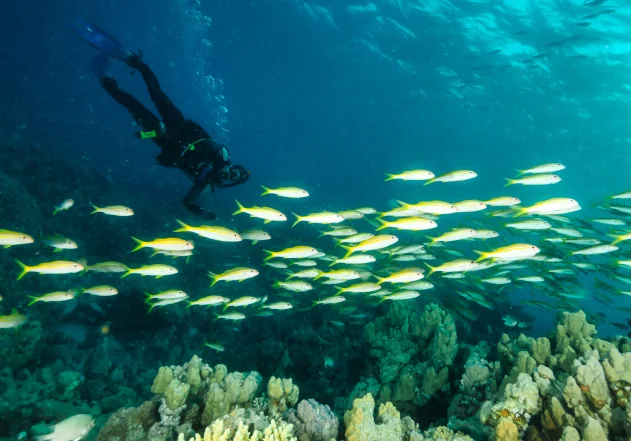
Benefits of Scuba Diving
Scuba diving offers a range of health benefits, both mental and physical, making it not only a thrilling adventure but also a rewarding activity for overall well-being
Cardiovascular health: Diving increases heart rate and improves blood circulation, promoting overall cardiovascular health.
Muscle strength and endurance: Swimming against water resistance strengthens muscles and enhances endurance.
Flexibility: Divers develop better flexibility as they maneuver through the water using various finning techniques.
Mental Health Benefits of Scuba Diving
scuba diving offers not only a window into the mesmerizing underwater world but also a gateway to improved mental well-being.
Stress relief: The underwater environment’s tranquility, combined with deep, controlled breathing, can help reduce stress and promote relaxation.
Mindfulness: Diving requires focus and concentration, allowing divers to practice mindfulness and be present in the moment.
Confidence and accomplishment: Mastering scuba diving skills and overcoming challenges can boost self-confidence and a sense of achievement.
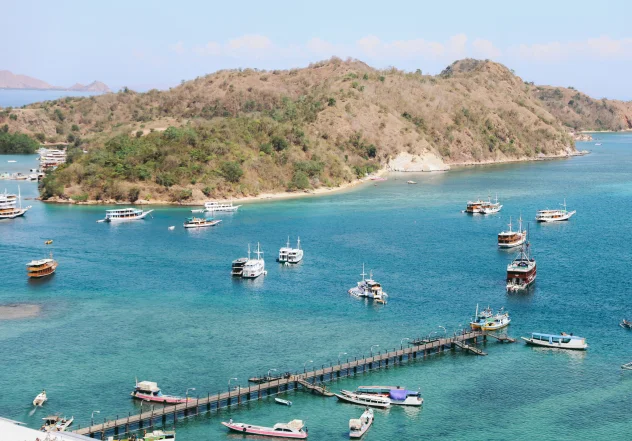
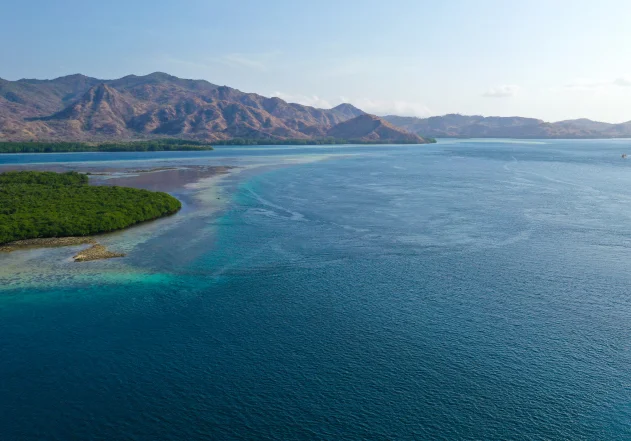
Environmental Impact of Scuba Diving
Scuba diving offers a range of health benefits, both mental and physical, making it not only a thrilling adventure but also a rewarding activity for overall well-being
Coral protection: Maintain buoyancy control to prevent accidental coral damage.
Respect marine life: Observe from a distance, avoid touching, feeding, or using lights irresponsibly.
Prevent pollution: Dispose of trash properly, avoid harmful chemicals, and participate in cleanup efforts.
Promote marine conservation for future enjoyment.
Frequently Ask Question
Everything you need to know about the product and billing. Can’t find the answer you’re looking for? Please chat to our friendly team.
See More FAQs